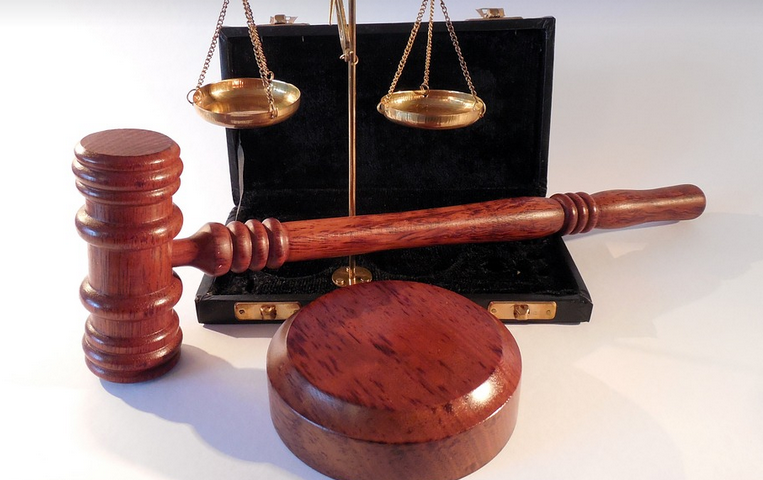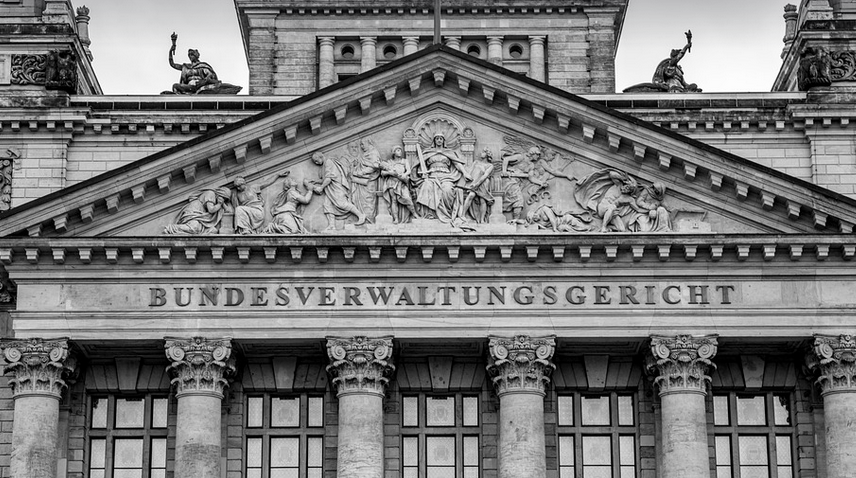Is Billy Corgan Religious? Diving into the Spiritual Landscape
Billy Corgan, the enigmatic frontman of Smashing Pumpkins, has always captivated audiences with his unique blend of musical prowess and introspective lyrics. But beneath his rockstar persona lies a journey of self-discovery that extends beyond music, exploring deeply personal questions about faith and spirituality. The question of whether Billy Corgan is religious is not one with a simple yes or no answer. His life story offers a complex tapestry woven from various threads of belief and doubt. He’s never shied away from discussing how his upbringing in the American Midwest significantly shaped his worldview. Growing up Catholic, he witnessed both the beauty and the struggles within the faith, leading him to later question conventional interpretations of religion. Corgan has spoken openly about his childhood experiences with Catholicism and its impact on his perspective. The rigid structure and dogmatic adherence to tradition were challenging for a young, inquisitive mind like his. He grappled with the notion that faith could be something more than just obedience or dogma. This introspection led to an exploration of alternative spiritual paths, seeking answers beyond the confines of organized religion. His exploration into spirituality was driven by a desire for truth and meaning, for something deeper and richer than simply ticking off boxes within a religious framework. He sought out philosophies that resonated with him on a personal level, pushing beyond the limitations of traditional definitions of faith. He delved into mystical traditions and Eastern philosophies, seeking answers that transcended the dogma he’d been raised with. His journey was marked by periods of both deep connection to a spiritual realm and moments of disillusionment. He grappled with finding meaning within organized religion, questioning its ability to provide true solace or understanding. His experiences led him to see spirituality as a deeply personal journey, one that required constant exploration and self-discovery rather than adherence to any preordained doctrine. While Corgan has never explicitly labeled himself as “religious” in the traditional sense, he carries an enduring reverence for certain spiritual concepts. He explores themes of hope, loss, and redemption through his music, often drawing inspiration from mystical beliefs and the human condition. The core of his personal spirituality lies in a pursuit of self-understanding and connection with something greater than himself – a concept that transcends traditional labels like “religious” or “non-religious.” He acknowledges the power of faith to offer comfort and solace, but he also recognizes its potential for restricting understanding and limiting the freedom of individual exploration. He emphasizes the importance of finding your own path to meaning in life, one that resonates with your personal values and beliefs. He champions a more nuanced understanding of spirituality, embracing mystery and acknowledging the inherent ambiguity of existence. This approach allows him to remain open to new perspectives and experiences as he continues his journey of self-discovery. Corgan’s music often reflects these introspective themes. Songs like “Cherub Rock,” “To Sheila,” and “Mayonaise” delve into introspective explorations of love, death, and existentialism – topics that transcend the boundaries of religion and resonate with a universal human experience. He champions a more nuanced understanding of spirituality, embracing mystery and acknowledging the inherent ambiguity of existence. This allows him to remain open to new perspectives and experiences as he continues his journey of self-discovery. His exploration of faith and spirituality is not static; rather, it’s a continuous process of learning and growth. He acknowledges the complexities of the human experience, recognizing that there may be no single “correct” path towards understanding the divine. While Corgan might not identify as religiously devout in the traditional sense, he embodies an enduring spirit of exploration and faith. He embraces the power of belief to inspire meaning and purpose in life but also recognizes the value of questioning established traditions and exploring new avenues of spiritual understanding.



